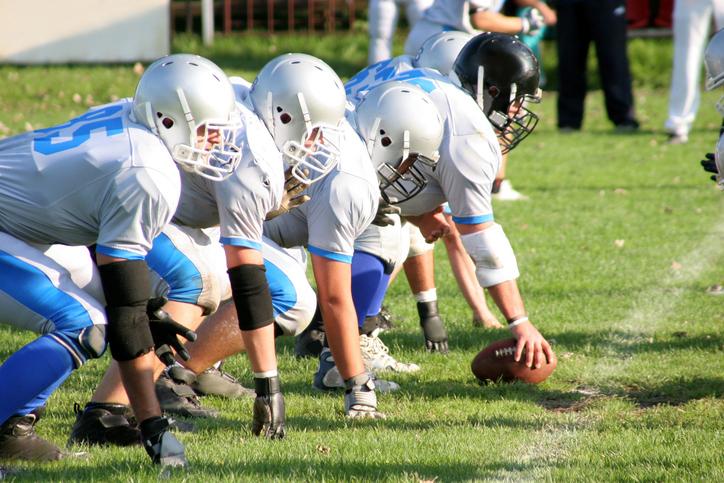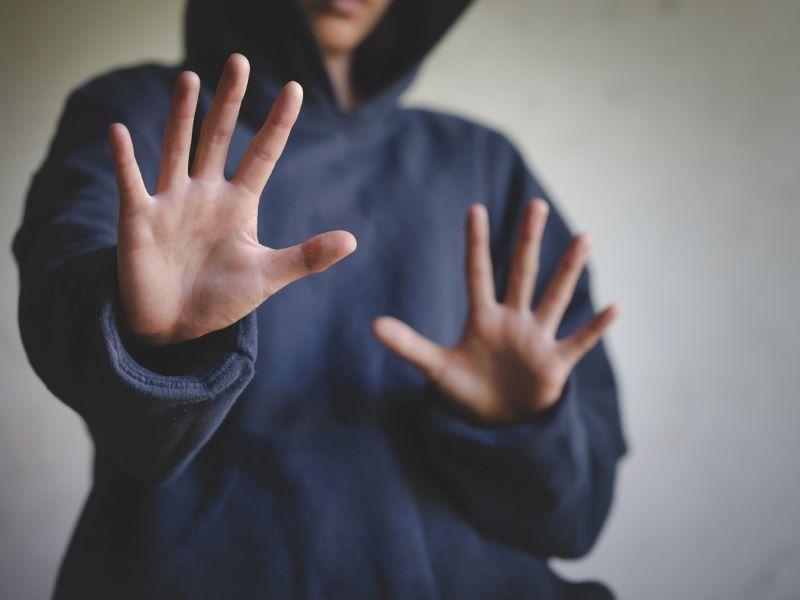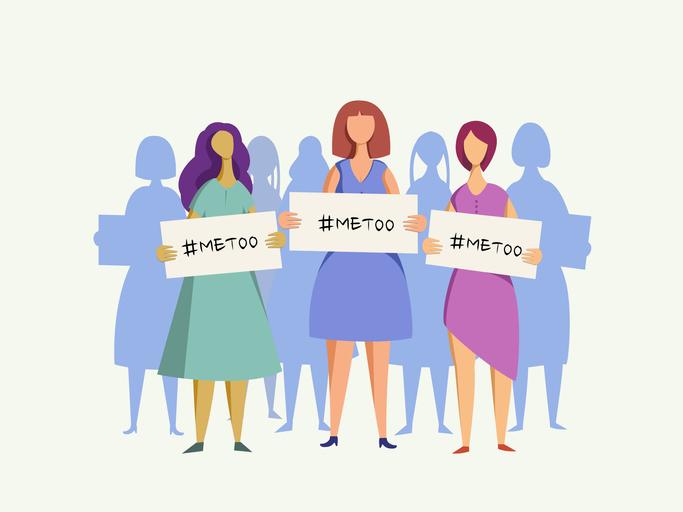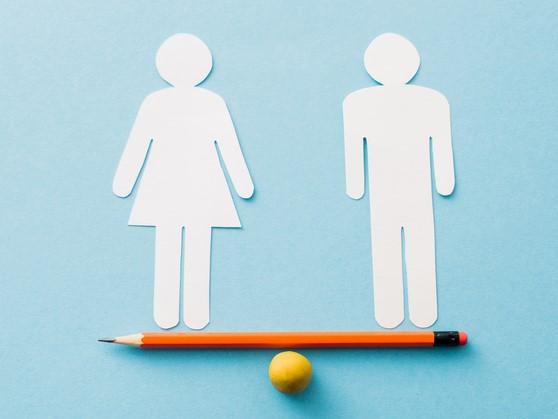“...that was my junior year. We had already been through all of the prevention training and I still didn’t know what any of the definitions were, and I didn’t know how to talk about it.” – male college athlete, Prevention Is a Team Sport
What if instead of not knowing how to talk about campus sexual assault, male athletes were educated and empowered to see themselves as key players in its prevention?
It’s On Us was founded in 2014 with a mission to combat campus sexual assault. Our aim is to engage all students, including young men, in grassroots organising efforts and prevention education programmes. A core component of our strategy is to meaningfully connect the hardest-to-reach male student populations with the lessons and skills they need to see themselves as part of the solution to campus sexual assault.
- How to prevent cyberbullying from rearing its ugly head in universities
- The power of gender-sensitive mentoring
- A holistic approach to student support
Research published by It’s On Us in 2022 identified male athletes as one of the most difficult-to-engage populations in sexual assault prevention. Additionally, most research examining the attitudes and behaviours of male students – including athletes – focuses on male students as perpetrators, though the majority will never commit sexual assault or dating violence. This research has demonstrated that 90 per cent of campus sexual assaults are committed by only 5-6 per cent of the male student population. Furthermore, a 2019 study found that being a male athlete in a position of leadership (such as a captain) had a positive correlation with the serial perpetration of alcohol-fuelled rapes. High-profile sexual assault scandals involving male athletes at institutions such as Baylor University and Louisana State University have contributed to stigmatisation.
However, until now, little research has been conducted on the attitudes and behaviours of non-perpetrating male athletes towards the issue of campus sexual assault. As influencers of campus culture, male athletes have the potential to shift the broader campus environment from one that upholds rape culture to one of prevention, accountability for perpetrators and support for survivors if they are educated and empowered on how to do so.
To better understand their attitudes and experiences with the topic of campus sexual assault and its prevention, It’s On Us spoke to more than 700 male athletes during 38 focus-group sessions with Division 1, Division 2, Division 3 and community/junior college teams nationwide. Most of the athletes who participated wanted to engage in healthy behaviours in their romantic and sexual lives, including being active bystanders, but felt they lacked the knowledge and skills to do so because the vast majority of the prevention education they received focused on teaching them what not to do, instead of what to do.
Prevention Is a Team Sport: Empowering Male Student Athletes in your Game Plan for Campus Sexual Assault Prevention includes key findings and recommendations for how institutions of higher education can better engage male athletes in prevention education.
College-provided sexual assault prevention programmes must begin with basic, evidence-based information on sexual health and well-being
Only 52 per cent of the athletes had received any formal sexual health education before college, and the content varied widely – from abstinence only to strictly learning the biology of reproduction. (Notably, none received or remembered receiving consent education as a part of their sexual health education.) The other 48 per cent learned about sex from parents or guardians, siblings or cousins, friends or pornography. The information from these sources was not necessarily factual or complete, and was heavily influenced by social, cultural and religious beliefs. Despite this reality for many students, most college-provided sexual assault-prevention education programmes assume students have a comprehensive understanding of sexual health and well-being.
By starting with basic, evidence-based information on sexual health and well-being, college-provided prevention programmes can provide a framework through which awareness and educational programmes are taught.
Programmes must be conducted in person in small groups
Male athletes find prevention education programmes to be ineffective. Specifically, participants found online programmes boring and lacking opportunities to ask questions, have conversations or practise skills. Additionally, male athletes struggled to label behaviours that fall in between clearly healthy and clearly abusive as “unhealthy”. The male athletes also struggled to see themselves as potential victims and survivors in narratives around sexual violence. Some male athletes described experiences of sexual assault or abuse themselves but refrained from labelling these as such, and none sought support services or reported the incident.
To improve the content and relevance of prevention education programmes for male athletes, institutions should conduct these programmes in person in small-group settings, allowing participants to ask questions and actively engage in conversation, address the full spectrum of healthy, unhealthy and abusive sexual behaviours, and explore examples of and resources for male survivors.
Prevention education programmes must include anecdotes, data and examples
The focus groups approached disclosures and accusations of sexual assault in two ways: (1) asking participants if they had ever received disclosures of sexual assault from someone in their lives, and (2) if they had known anyone accused of committing one of these crimes. Most participants (75.4 per cent) had experienced disclosures from survivors, knew people who were accused or both. Athletes communicated feelings of surprise or frustration when information about accusations came from third parties or through social media. Participants were more likely to believe accusations and support the survivors’ stories if they had witnessed abusive language or behaviour from those accused of assault, they had close relationships with the people experiencing abuse or the survivors disclosed to them directly.
Multiple athletes discussed the impact accusations had on people they knew and/or how accusations had negatively affected players’ careers. Ultimately, false accusations of sexual assault are rare (4.5 per cent), but the difference in whether an athlete was likely to believe an accusation was largely dependent on the proximity of the source of the information to the allegation itself.
Prevention education programmes must combat misinformation and address stereotypes and false beliefs by including anecdotes, data and examples that are relatable and relevant to male athletes.
It’s On Us is using the findings of this research to develop a prevention playbook for athletic departments to deploy with their male athletes, and to build on this research through a quantitative study with a general population of male college students. Both will be available this fall. By investing in research on prevention methods and the development of new programmes, It’s On Us believes we can fundamentally shift attitudes, behaviours and, ultimately, campus cultures as they relate to college sexual violence.
Tracey Vitchers is executive director of the It’s On Us programme, which is housed at Civic Nation, a 501(c)(3) non-profit organisation. Prevention is a Team Sport: Empowering Male Student Athletes in your Game Plan for Campus Sexual Assault Prevention was made possible with financial support from the National Football League (NFL) as part of its ongoing work with the domestic violence and sexual assault fields.
If you found this interesting and want advice and insight from academics and university staff delivered direct to your inbox each week, sign up for the Campus newsletter.




comment